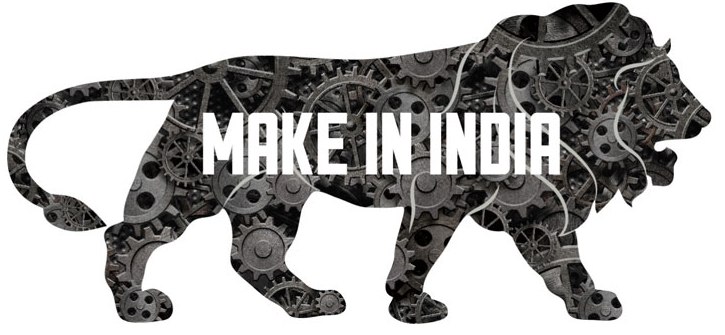Is India’s investment climate truly improving? The ‘Doing Business 2017’ report of the World Bank shows India improving only marginally from 131st to 130th position among surveyed countries. Meanwhile the industry ministry’s ‘Assessment of State Implementation of Business Reforms 2015-16’ claims that implementation of a 340-point reform programme by the states has improved to 48.9% from just 32% the previous year.
Which version should readers believe? Neither. Both reports describe changes in rules rather in practice. The reports cannot capture the role of money and influence to get clearances. Enormous hurdles can vanish with a bribe or telephone call.
The Doing Business report shows India is a difficult place for honest, rule-bound business. But it’s not bad at all for businesses that can handle the system. That’s why billions of dollars of foreign investment are pouring in even as World Bank ratings show countries like India and China in a poor light.
Critics have long pilloried the shortcomings of the Doing Business report. Yet it has become popular, warts and all, because it captures at least the formal hurdles facing honest business, and promotes competition between countries.
The most devastating expose of its shortcomings came in a World Bank study by Hallward-Driemeier and Lant Pritchett. They compared data for a large group of countries from the Doing Business survey with that from a separate Business Enterprise survey, also done by the Bank. They examined three indicators — the time taken for obtaining construction permits, starting a business or operating licence, and the delay in importing goods. They found the average time taken for all three was far less in the Enterprise surveys.
Why? For many technical reasons, but mainly because the Enterprise surveys got data from businessmen across a country, whereas the Doing Business surveys got data from a single city, from lawyers and technocrats familiar with changing rules. So, the Enterprise surveys captured the reality inclusive of bribes and influence, whereas the Doing Business surveys captured changes in rules that would benefit honest, but possibly non-existent, businesses. In India, even reputable firms hire “consultants” to handle speed money.
The Doing Business report gives a single number for the time taken in clearances. But Hallward-Driemeier and Pritchett found huge variations for different firms: it mattered greatly who your contacts were. The investment climate is not the same for everybody: some can control it, others cannot. The biggest, best-connected firms have a big advantage.
In practice, clearances are faster than rules suggest. The time taken for construction permits in 80 countries was only one-sixth as much in the Enterprise surveys as in the Doing Business surveys.
So, should we ignore surveys on rules and focus only on “realities”? Sorry, but businessmen don’t tell the full truth to surveyors about “realities” either. Still, Enterprise surveys carry more credibility than the Doing Business report.
With the caveats already expressed, the industry ministry’s survey of states deserves attention for what it reveals in trends, even if its figures need a generous pinch of salt. This survey looks at 340 changes in laws and rules agreed upon to improve the investment climate. These are more relevant for honest than dishonest business. That does not make them irrelevant. Rules must be changed to make honest business easier. This may not have a revolutionary short-term impact, but is essential for the long term. We need to shift from an influence-based to a rule-based system.
Modi has cut big corruption in New Delhi but it continues at the state level. The survey shows that NDA-ruled states are far more reformist than others, occupying most top rankings. This drives home Modi’s strategy to get re-elected by job creation in a vibrant economy, not through giveaways or Hindutva (though that card will be played occasionally to keep his RSS core happy).
The BIMAROU states, once the pits, now figure high in the rankings. This includes BJP-ruled states (Rajasthan, MP, Chhattisgarh, Jharkhand) and non-BJP ones (Bihar, Odisha, UP). Although placed 14th and 16th, UP fulfilled 84.5% and Bihar 75.8% of promised reforms. West Bengal, another laggard, fulfilled 84.2%. It remains to be seen how far changed rules translate into reality. Huge gaps can be expected. Nobody should believe that the states have improved the investment climate fabulously, or that climate control by influential firms has disappeared. Yet the direction of change is positive.


